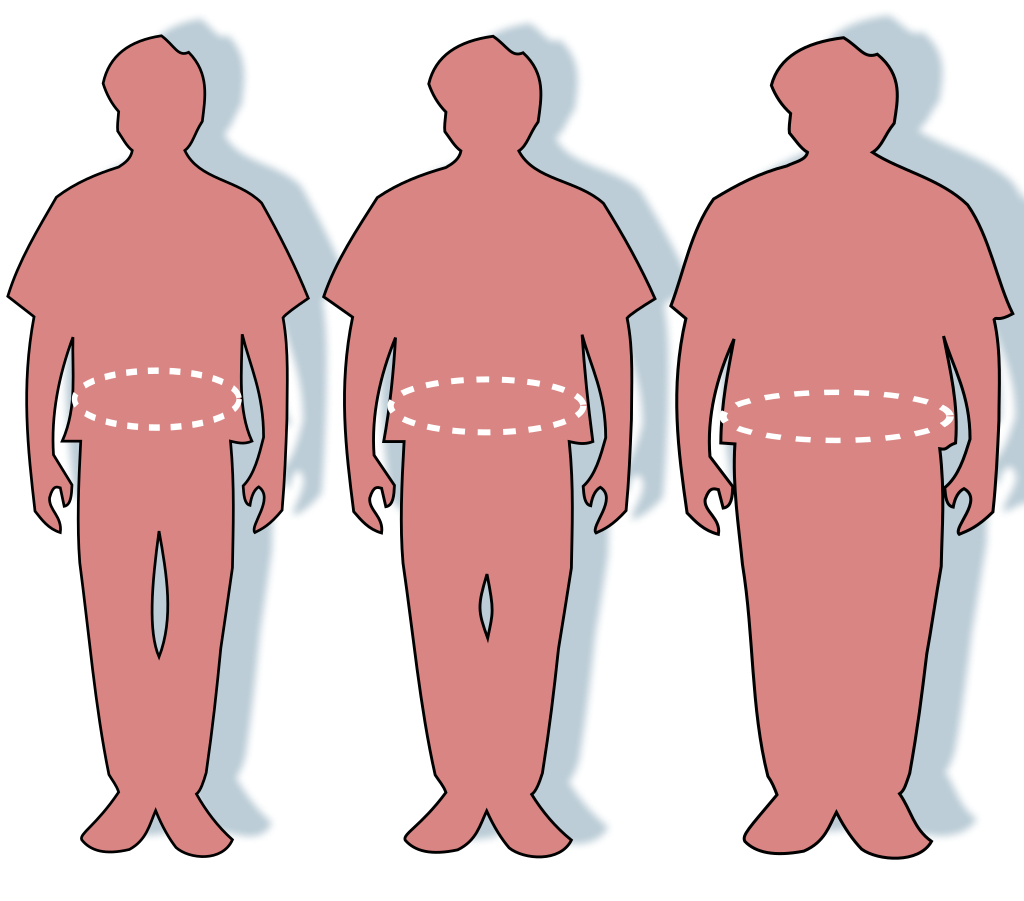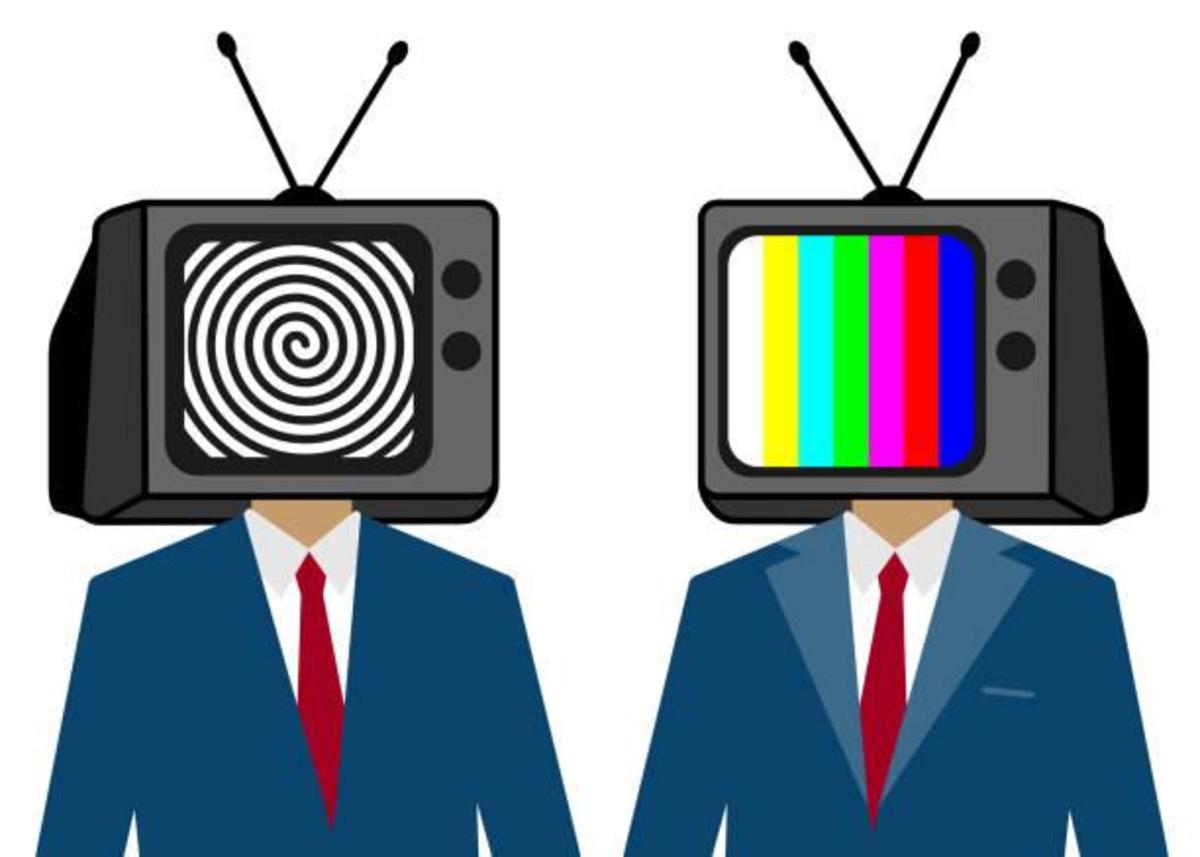When the Irish government via the HSE (Health Services Executive) introduced a Chronic Disease Management programme into general practice, and offered to pay G.P.s for running with it I thought that at last Irish general practice was moving away from its original reactive model and embracing a NHS-style piece work-approach.
We could now show our paymasters what we had done during the working day, not unlike the majority of ordinary people who work for a living. How very plebeian.
As mentioned, a version of this system already exists in the U.K., having been introduced in 2004, against much resistance from the usual suspects. However, once income rose by 25% within a short period of time, a mouth full of gold seemed to make it impossible for anyone to grumble very loudly.
It didn’t take long before problems became apparent, as G.P.s focused on the work that generated most income, waiting times for appointments increased. The government required large amounts of data, so administration workloads increased; a tension thus arose between the demands of actual general practice and that of the masters they served.
That last point needs a little clarification. In the UK the software most commonly used is EMIS. Once a consultation begins, EMIS makes certain demands of the G.P. on behalf of the Department of Health, which appear on the computer screen. The G.P. is paid based on the responses given to these demands, not on what the patient needs, wants or demands. The poor G.P. is now serving two masters, one of whom values metrics, the other maybe just some empathy. But the former pays the bills. Having worked and trained in the U.K., I soon became aware of the grumblings of family doctors and the frustrations of patients.
We now have a similar system in Ireland. It would be nice to think that this will improve the lives of patients and outcomes, and not just increase the incomes of G.P.s, the pharmaceutical industry and any other entities that benefit from illness in society. In the U.K. the evidence would suggest that the management of chronic diseases was improving pre-2004 with the introduction of national and international guidelines and the use of clinical audits in practice.

No Difference to Mortality
There is some evidence to suggest that the management of specific conditions such as asthma and diabetes did improve after 2004, especially in lower socio-economic areas resulting in less emergency admissions, but there appears to be little or no evidence that it has made any difference to mortality.
Having written that last sentence I’m not sure I fully understand it. I’m assuming that the conditions being paid for improved, as per the metrics. Or did it just look good on paper but not translate into increased longevity for the patient?
I wonder who benefits from gathering metrics, moving them up or down, using them to diagnose and prescribe? I suspect there is a health benefit for those suffering from chronic diseases. They see their G.P. regularly and are told at least twice per year that they ‘could do better’, are given more medications and the promise of a dietitian, physiotherapist, occupational therapist or perhaps the mythical unicorn of the health service, a psychologist.
But what are we really doing with this programme which, since 2022, provides ‘opportunistic case finding’, AKA finding customers for Pharma?
As G.P.s we are incentivised to find and manage illness, not return people to health, we maintain the status quo and consider our roles to be central to the process.
I would argue that we are central because without G.P.s the pharmaceutical industry would experience a profit crushing bottleneck. We therefore accept their ‘educational’ courses and their biomedical model of illness as a unidirectional process. Nowhere do we engage our patients in the fundamentals of health, such as how to breathe, sleep, eat, move and connect with others. Strangely, these crucial determinants are seen as by-the-ways, not fundamentals.
We have a society where the state we call health is detrimental to the wellbeing of the shareholders of the large pharmaceutical companies based here.

Fat Boy Slim
For many the Mediterranean lifestyle consists of a takeaway pizza and imported Spanish beer consumed whilst wedged into a Fat-Boy recliner watching perfectly coiffured people extolling the virtue of the Mediterranean lifestyle.
When watching sports becomes the nations favourite activity; when luxury, ease and relaxation, are lauded ambitions; when a narrow STEM education is promoted over the breath of the arts, is it any wonder that we have become a society of vacuous, soft-shelled and compliant serfs?
Maybe we need a dose of Hobbesian reality, to go with our morning lattes, and make us realise that we won’t be protected from the ‘solitary, poor, nasty, brutish and short’ life by accumulating ‘likes’ ,’followers’ or virtual friends on social media. Alas, we are creating William Blake’s ‘mind forged manacles’, as we shackle ourselves to a beast that cannot be satiated.
In my view the simplistic associations that we are developing between metrics such as blood pressure, cholesterol etc, the remuneration of doctors and alleged health outcomes is a road leading to obsolescence of G.P. practice, as AI (Artificial Intelligence) can do this far more efficiently and quickly than any human, and it won’t take ten years to train it to perform the role.
When we structure a health service around metrics, data and finance we are defining these as our goals. Lip service is paid to actual health. These numbers then become a society’s hallmarks of health.

Systems of Control
It doesn’t take too much of a stretch of the imagination to link all possible systems that use metrics to make decisions about human beings and turn them into systems of control.
The Internet of Things will in theory provide this interconnectedness so that our financial, health, consumer and in some circumstances political data can be knitted into societal straitjackets, for our own good of course.
Yuval Noah Harari has made a career frightening the pants off people on this subject. And Mustafa Suleyman in his book The Coming Wave documents the alarming power the already all-pervasive influence of AI, and what it might be in the future.
For those of us who enjoy chaos and unpredictability this is, to coin the exhausted hackneyed phrase, dystopian but if one is of an authoritarian bent, or just has a deludedly ‘in control’ mindset, this shouts out as an opportunity to create a barcoded Nirvana.
We could control everything from what people eat, what they wear, how far they drive, how much they move, physically, and even who they associate with, using personalised algorithms.
The technology already exists. Ubiquitous facial recognition technology, central bank digital currency, social credit scoring systems, wearable devices that record movement and supermarkets that would allow purchases of the ‘right’ sorts of goods for you if you are the ‘right’ sort of person for that product. This could all be linked to one’s current PPSN (Personal Public Service Number).
What could be simpler. A benevolent government could ‘incentivise’, initially, the consumption of the ‘right’ foodstuffs, consumed in the company of the ‘right’ people, whilst watching the ‘right’ types of programmes followed by the ‘appropriate’ amount of exercise.

Brave New World?
Wouldn’t that be such a healthy world? We could prevent obesity, under-activity, mindless viewing of soaps, loitering, even voting for the wrong candidate!
The preceding description is one of an idealised world, in which those in power have our best interests at heart, but it could have a darker side.
A healthy population would be bad for business and business owns politics through a process euphemistically termed lobbying. There is something malodorous about the funding of the main regulatory bodies in for example the pharmaceutical industry. The FDA in America, EMA in Europe and the TGA in Australia are over 70% funded by the industry they are charged with regulating.
Not only is the fox in charge of the chicken coop but he also has the farmer in his employment. This leaves us chickens stuffed and roasted and, perversely, eternally grateful.
A truly nefarious government influenced by business might even encourage the production of foodstuffs that make us ill, whilst our minds are hijacked by media that have the intellectual value of chewing gum. Meanwhile our bodies convert the ‘food’ into surplus, never to be utilised, into fat.
A few decades of this and we are ready to invite another business into the rest of our shortened existence, the erroneously named, health industry and all it has to offer.
As a species we would only have value as consumers, passed from one corporate entity to the next for, for the seventy or less years that we spend on this Earth, our value measured accurately at each stage by metrics dictated by the needs of the individual corporations.
Thankfully such a scenario is only found in dystopian science fiction.




